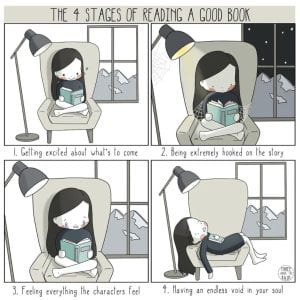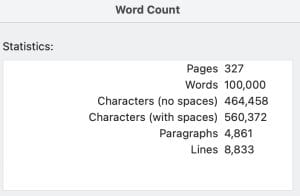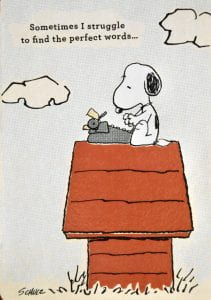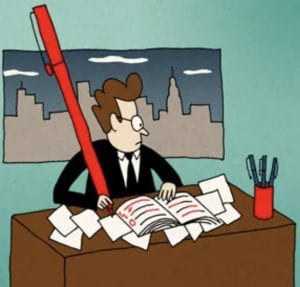In a poetic moment I revisited AA Milne’s Buckingham Palace and wove it into my introduction to my new thriller-heist. Why? Well, that may not become obvious until the final chapter(s). Meanwhile, the protagonist suspects that the king does indeed know all about him! [BTW: my sister is called Robin and I was named Christopher]. And, like Alice, there is ‘time for tea’ in Chapter One for the protagonist, among the rising tension of being followed. Perhaps the obvious connection is that the protagonist is called Sir Christopher.
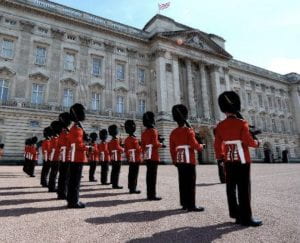
They're changing guard at Buckingham Palace Christopher Robin went down with Alice "Do you think the King knows all about me?" "Sure to, dear, but it's time for tea" Says Alice

 I have just released a revised edition of 3 WISE MEN. No big changes, just a tidy top of some text and grammar to make a more polished read. And a name change for a lead character.
I have just released a revised edition of 3 WISE MEN. No big changes, just a tidy top of some text and grammar to make a more polished read. And a name change for a lead character.  I’m going to struggle with a sensible answer, but here goes. I keep trying because I want to reach the greatest audience and I keep trying because I want my heist-thriller to be as polished as possible, which will not happen if I self-publish. Oh, there are many other illogical reasons too :-). Have I felt like giving up? Yes, and even more in recent days. Having a request for my full manuscript created hope to land a literary agent, but this was followed four weeks later by a “No.” After this glimmer of hope it was back to a full re-edit, and chapter reorganisation, before sending out a few more submissions. The recent rise of Artificial Intelligence, and a huge global interest in deep-sea submersibles (with the Titan implosion) should help propel my novel. I’m just waiting for a literary agent to agree.
I’m going to struggle with a sensible answer, but here goes. I keep trying because I want to reach the greatest audience and I keep trying because I want my heist-thriller to be as polished as possible, which will not happen if I self-publish. Oh, there are many other illogical reasons too :-). Have I felt like giving up? Yes, and even more in recent days. Having a request for my full manuscript created hope to land a literary agent, but this was followed four weeks later by a “No.” After this glimmer of hope it was back to a full re-edit, and chapter reorganisation, before sending out a few more submissions. The recent rise of Artificial Intelligence, and a huge global interest in deep-sea submersibles (with the Titan implosion) should help propel my novel. I’m just waiting for a literary agent to agree.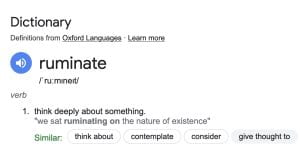
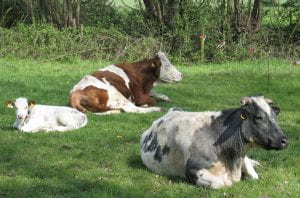 When writing, the plot and characters are uppermost in my mind. It’s a subconscious thing and I find myself thinking about events in my novel while drifting off to sleep, only to have them punctuated by fresh thoughts. These make me force myself awake and make the necessary changes while they are fresh – “I’ll forget them in the morning,” I tell myself. There a catch though. In the morning, have to check that the new thought fits the storyline and doesn’t detract from it or overwhelm it; it has to enhance it to be effective. Ah the joys of ruminating – just going over and over my novel, like cows chewing grass:
When writing, the plot and characters are uppermost in my mind. It’s a subconscious thing and I find myself thinking about events in my novel while drifting off to sleep, only to have them punctuated by fresh thoughts. These make me force myself awake and make the necessary changes while they are fresh – “I’ll forget them in the morning,” I tell myself. There a catch though. In the morning, have to check that the new thought fits the storyline and doesn’t detract from it or overwhelm it; it has to enhance it to be effective. Ah the joys of ruminating – just going over and over my novel, like cows chewing grass: